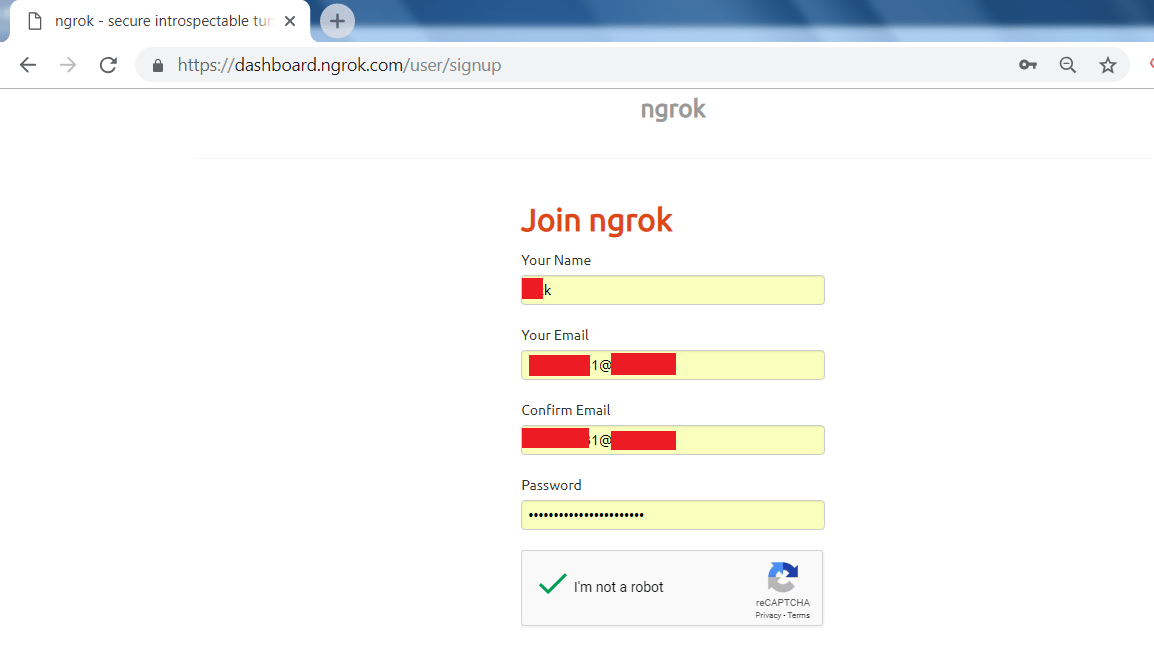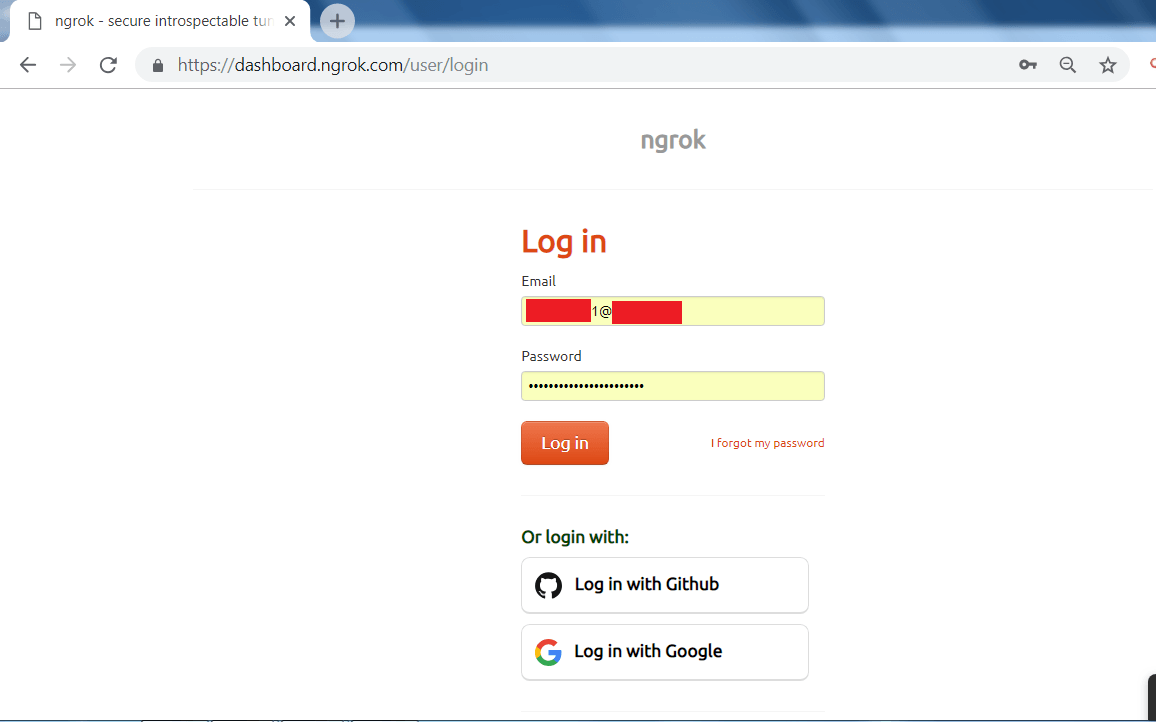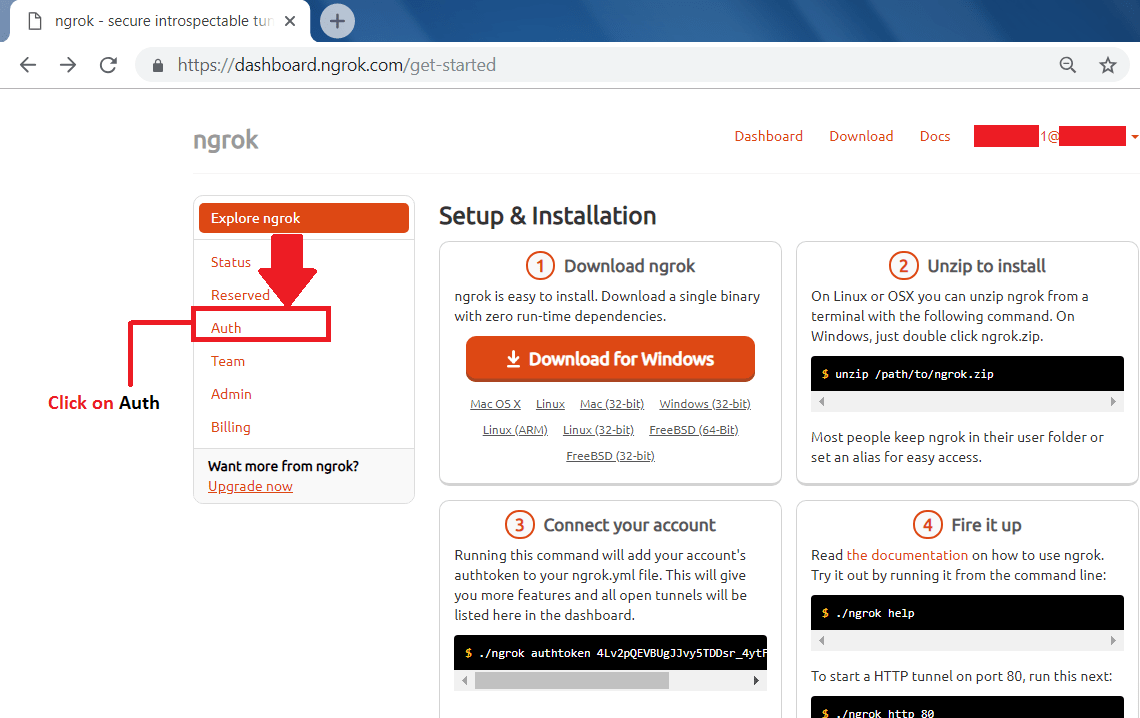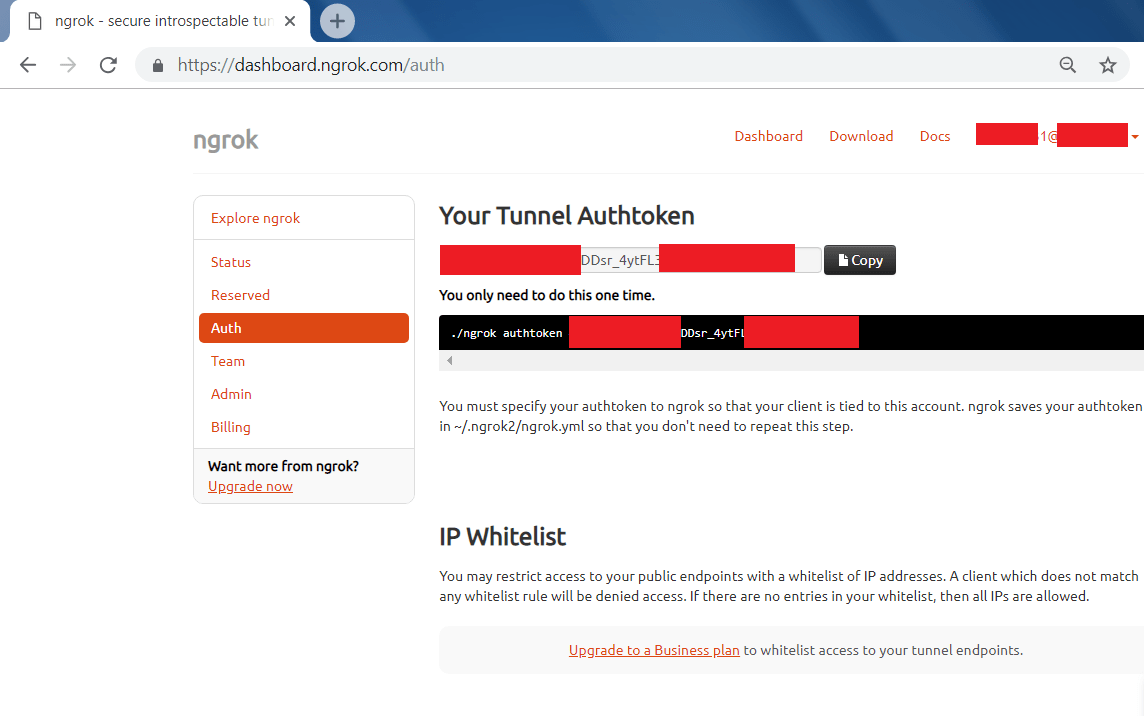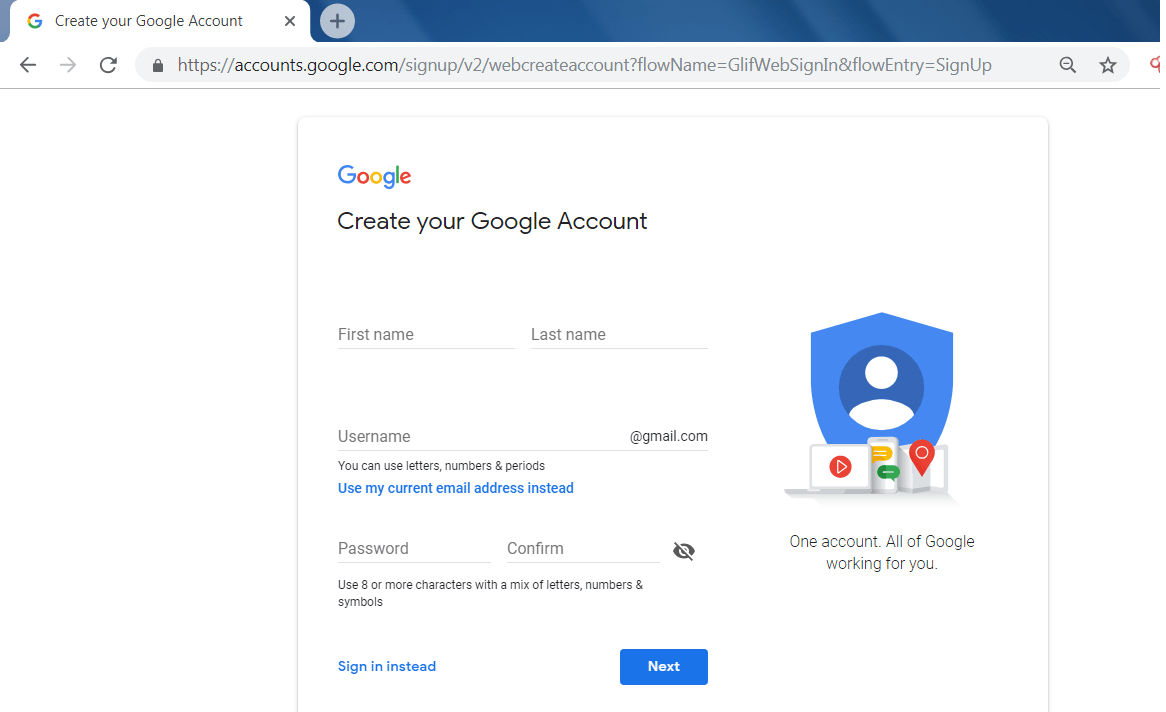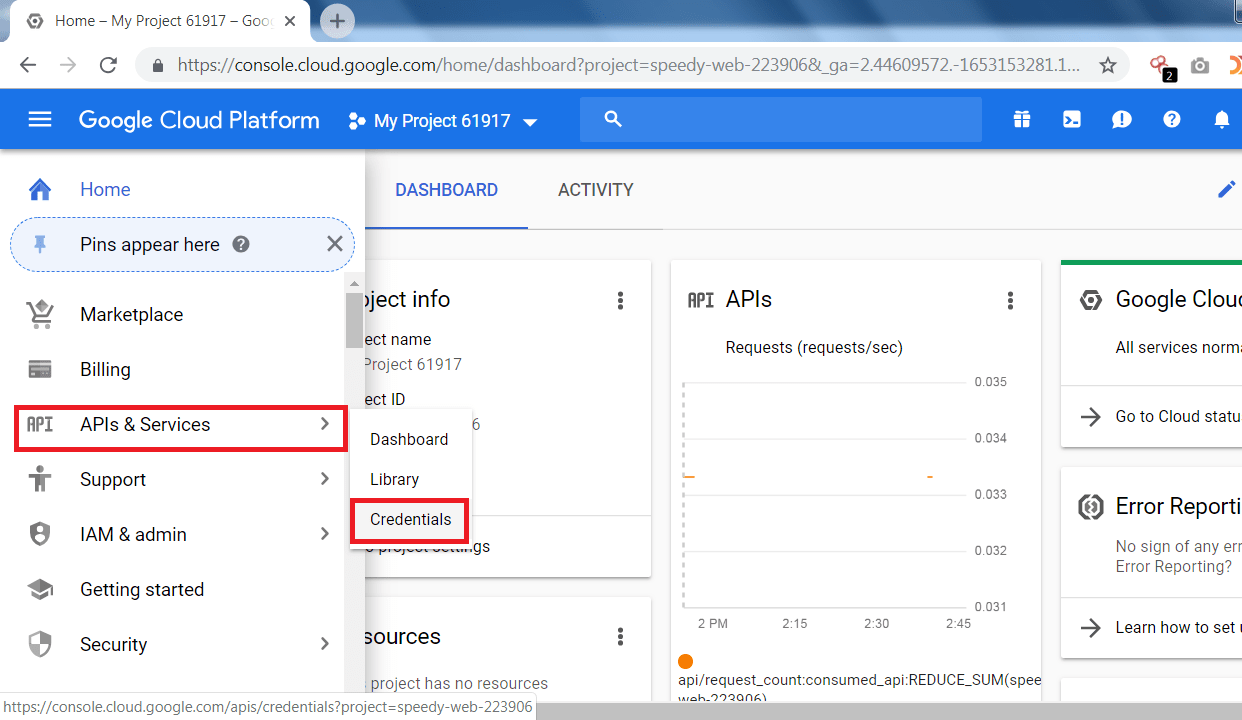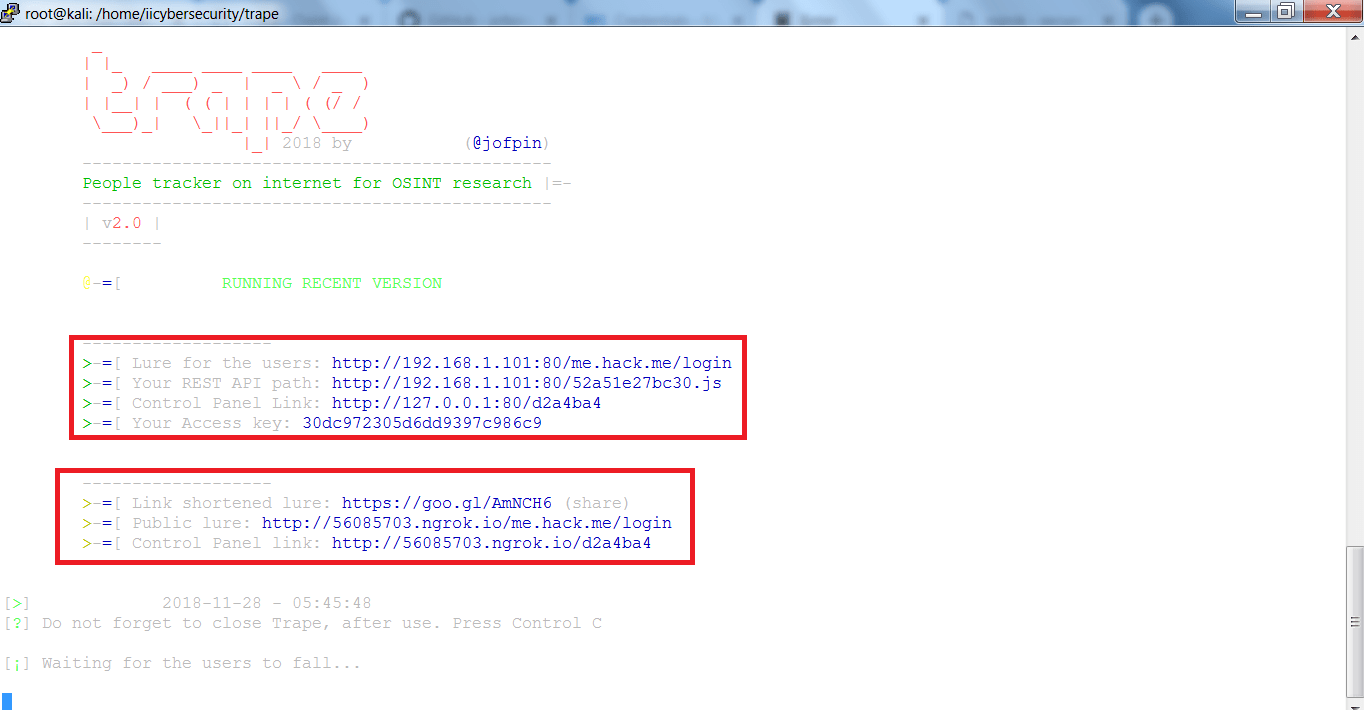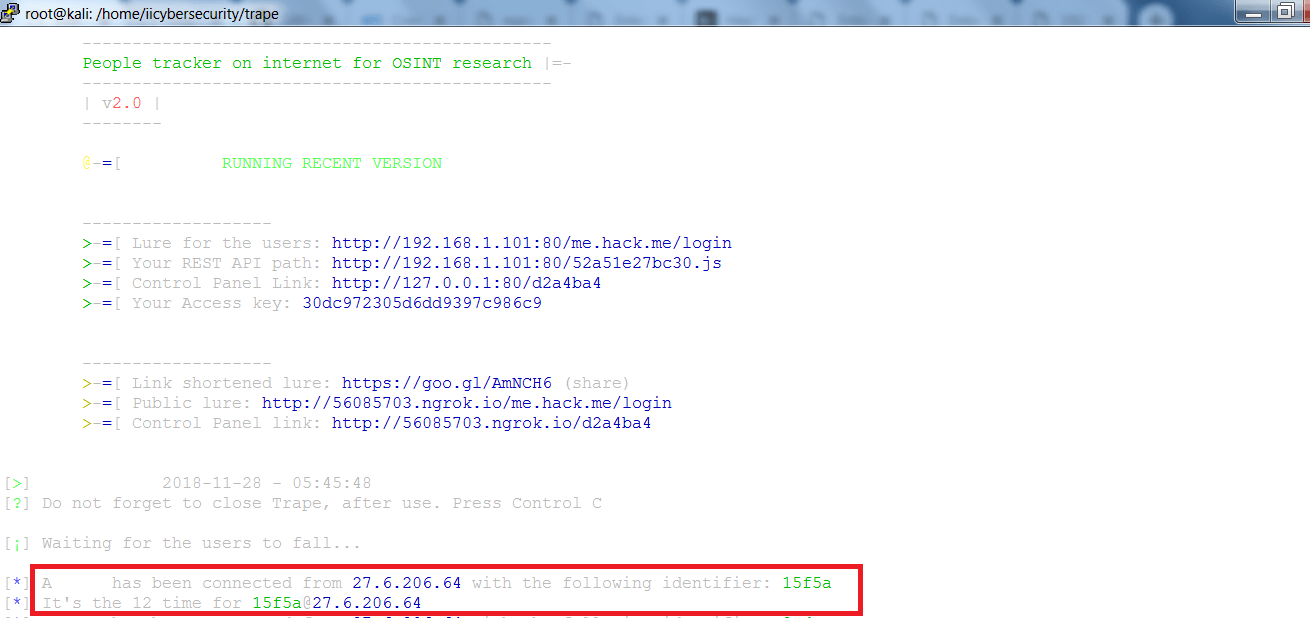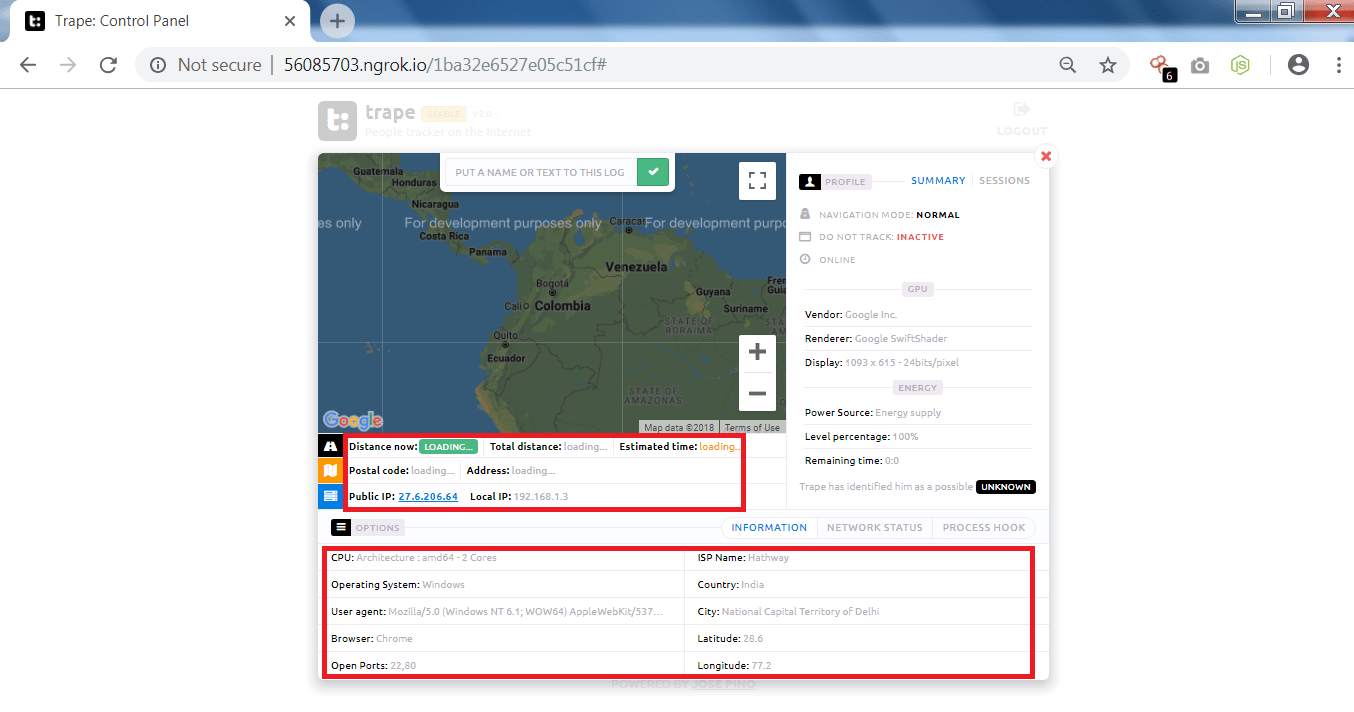Trape Intro:- Trape is a OSINT (Open Source Intelligence Tool) is a tracking tool in which you can execute social engineering attack in a real time, ethical hacking specialists clarifies. It was created with the goal of to tell the world that how an attacker can obtain confidential info such as victim location beyond their IP addresses without knowing the victim.
Ethical hacking researcher of International Institute of Cyber Security says that Trape can obtain many things about the victim and can be used in mass level of hacking attacks.
Trape has been tested in Kali Linux to show you.
TRAPE INSTALLATION:-
- Trape does not come pre-installed in any Linux Distros. For installing Trape go to github link:
type git clone https://github.com/jofpin/trape.git
- After cloning type cd trape
- Then type ls
- Install the required libraries of trape. For that type
pip install -r requirements.txt
root@kali:/home/iicybersecurity# cd trape root@kali:/home/iicybersecurity/trape# ls core database.db README.md requirements.txt static templates trape.py version.txt root@kali:/home/iicybersecurity/trape# pip install -r requirements.txt Requirement already satisfied: Flask in /usr/local/lib/python2.7/dist-packages (from -r requirements.txt (line 1)) Requirement already satisfied: Flask-Login in /usr/local/lib/python2.7/dist-packages (from -r requirements.txt (line 2)) Requirement already satisfied: Flask-Session in /usr/local/lib/python2.7/dist-packages (from -r requirements.txt (line 3)) Requirement already satisfied: flask-socketio in /usr/local/lib/python2.7/dist-packages (from -r requirements.txt (line 4)) Requirement already satisfied: flask_cors in /usr/local/lib/python2.7/dist-packages (from -r requirements.txt (line 6)) Requirement already satisfied: itsdangerous in /usr/lib/python2.7/dist-packages (from -r requirements.txt (line 7)) Requirement already satisfied: Jinja2 in /usr/lib/python2.7/dist-packages (from -r requirements.txt (line 8)) Requirement already satisfied: MarkupSafe in /usr/lib/python2.7/dist-packages (from -r requirements.txt (line 9)) Requirement already satisfied: python-engineio in /usr/local/lib/python2.7/dist-packages (from -r requirements.txt (line 10)) Requirement already satisfied: python-socketio in /usr/local/lib/python2.7/dist-packages (from -r requirements.txt (line 11)) Requirement already satisfied: six in /usr/lib/python2.7/dist-packages (from -r requirements.txt (line 12)) Requirement already satisfied: Werkzeug in /usr/lib/python2.7/dist-packages (from -r requirements.txt (line 13)) Requirement already satisfied: eventlet in /usr/local/lib/python2.7/dist-packages (from -r requirements.txt (line 14)) Requirement already satisfied: requests in /usr/local/lib/python2.7/dist-packages (from -r requirements.txt (line 15)) Requirement already satisfied: monotonic>=1.4 in /usr/local/lib/python2.7/dist-packages (from eventlet->-r requirements.txt (line 14)) Requirement already satisfied: dnspython>=1.15.0 in /usr/local/lib/python2.7/dist-packages (from eventlet->-r requirements.txt (line 14)) Requirement already satisfied: greenlet>=0.3 in /usr/lib/python2.7/dist-packages (from eventlet->-r requirements.txt (line 14)) Requirement already satisfied: enum34; python_version < "3.4" in /usr/lib/python2.7/dist-packages (from eventlet->-r requirements.txt (line 14)) Requirement already satisfied: idna<2.8,>=2.5 in /usr/local/lib/python2.7/dist-packages (from requests->-r requirements.txt (line 15)) Requirement already satisfied: chardet<3.1.0,>=3.0.2 in /usr/lib/python2.7/dist-packages (from requests->-r requirements.txt (line 15)) Requirement already satisfied: urllib3<1.25,>=1.21.1 in /usr/local/lib/python2.7/dist-packages (from requests->-r requirements.txt (line 15)) Requirement already satisfied: certifi>=2017.4.17 in /usr/local/lib/python2.7/dist-packages (from requests->-r requirements.txt (line 15))
- Type python trape.py
- For using Trape, you must have an account in the ngrok. ngrok gives you the token to access Trape.
- ngrok is a reverse proxy tool that creates an secure tunnel from a public endpoint. It captures all traffic for detailed inspection.
- For creating an ngrok account go to :
https://dashboard.ngrok.com/user/signup
- After creating an account go to login with your credentials.
- After you log in to your account.
- Go to Auth tab to get ngrok access token.
- Auth token will be :
xxxxxxxEVBUxxxxxxTDDsr_4ytFLxxUSxxxxxxxxxxZF
- After getting the access token, you have to enter the access token where you have started the trape in linux console.
After creating an Ngrox api. Now create an Google Maps api.
- For getting an google maps api, you must have an google account.
- Go to this link: https://accounts.google.com/signup
- After creating an account in google.
- Click this link: https://cloud.google.com/
- Click on the console tab marked in red.
- Go to APIs & Services and click on Credentials.
- Then Click on Create Credentials and then on API key.
- After clicking on Create Credentials, a new API key will be generated as shown below.
- After generating both of the API keys. You have to configure the google maps API’s in the trape.
- Now type python trape.py.
- After starting the trape, enter the API’s as shown below.
- After entering the both of the API’s.
- Now enter the URL that will be used for cloned.
type URL: https://me.hack.me/login
- Then enter port no. 80
- Now enter to start the clone page.
- After starting you can see Lure for the users link and the Public lure to use in phising.
- Rest API path will show the js that is being used in clone page.
- You can also use the Link shortened lure to send to the target as it become more secure for the attacker. Link shortened lure is google short URL.
- The Control panel links are used to access the hacker temporary webpage from where the hacker can see all the information which is gathered, mention ethical hacking professors.
- Now on victim computer, you have to open the cloned page using any of the URL, we are using public lure URL on victim computer
- On phish page enter the credentials.
- As you click on Login, a user will be connected via trape tunnels.
- Now, a target will be connected showing his public IP address and the identifier as shown below.
- For accessing the main features of trape open the control panel as shown below.
- After entering the access key. You can see the information which trape has gather.
- Trape has gather lot of information like operating system, CPU, local ISP, Country and city, Open ports and the browser from which target is accessing the cloned URL.
- One main feature of trape it is showing the location on the Google maps which can reveal its realtime location of the user.
- In some cases if the google maps is not loading that might be internet is working slow or the check your google API key.
- If the key is configured properly than you have to setup the billing account of ngrok in order to see the realtime location on the trape control panel.
- Or you can use the latitude and the longitude to know the location of the target.
- Simply search the latitude and longitude on the google search and you can see its realtime location.
- Trape has given many information about the target. These information reveal lot about the target which can be used in other hacking activities, say ethical hacking experts.
- Trape also provides to execute attacks on social media platforms.
- Trape also shows the speed of target ISP(Internet Service Provider)
- By clicking on the network status, Target’s download, upload speed can be seen. This tool even shows the ping of the target and the type of connection.
- This tool also provides to inject javascript code on victim.
- Trape also provides to send the audio, simply you have to write in the box marked in red and click on the language that are shown below.
- Trape gives many features like sending an phishing page or attacker can send the files to the target. Creates the popup for the user as shown below.
Trape gives many features which can be used in other hacking activities like making an DDOS (Denial Of Service Attack) Sending malwares which can hack the computer of the target. Trape also shows the realtime location which directly attacks on any user privacy.

Cyber Security Researcher. Information security specialist, currently working as risk infrastructure specialist & investigator. He is a cyber-security researcher with over 25 years of experience. He has served with the Intelligence Agency as a Senior Intelligence Officer. He has also worked with Google and Citrix in development of cyber security solutions. He has aided the government and many federal agencies in thwarting many cyber crimes. He has been writing for us in his free time since last 5 years.


